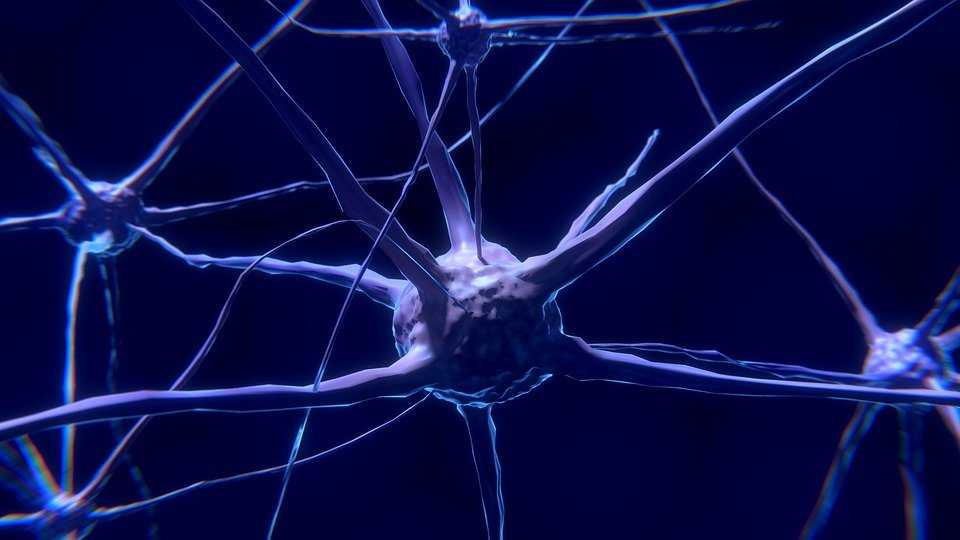
Traumatic brain injuries (TBI) can vary from mild to severe and are often suffered in combat. New research from the University of Rochester Medical Center finds that even a subtle brain injury may predispose combat soldiers to post-traumatic stress disorder. The link between head injuries and PTSD is important for physicians who treat soldiers when they return from combat, because the symptoms of mild TBI may overlap with PTSD. The researchers were able to show an association with advanced brain imaging techniques. The Journal of Head Trauma Rehabilitation recently published the study online.
Lead author Jeffrey Bazarian, M.D., M.P.H., associate professor of Emergency Medicine at URMC stated, “Most people believe that, to a large extent, chronic stress from intense combat experiences triggers PTSD. Our study adds more information by suggesting that a physical force such as exposure to a bomb blast also may play a role in the genesis [of] the syndrome.”
Researchers tested 52 veterans with standard MRI testing and a more sensitive test called diffusion tensor imaging (DTI). The second test detects neuronal damage that occurs during a brain injury. Of the veterans in the study, 30 suffered at least one mild traumatic brain injury and 60 percent experienced explosive blasts.
All of the veterans had at least one of the PTSD symptoms and 15 met the formal criteria for PTSD. The DTI scans found a correlation between that the amount neuronal damage and the severity of PTSD symptoms.
The MRI scans were not as sensitive, but detected abnormalities in five of the soldiers. Those five veterans suffered from much more severe PTSD than the 46 with normal MRIs. The severity of PTSD did not correlate with clinically diagnosed mild TBI, which suggests that even a brain injury that doesn’t result in a loss of consciousness or amnesia may make a person more vulnerable to develop PTSD if combined with chronic stress.
The MRI and DTI testing is not widely available and is costly. However, the researchers hope to create simpler tests to screen service members for brain injuries.
Source: University of Rochester Medical Center Newsroom, “Study Links PTSD to Hidden Head Injuries Suffered in Combat,” June 6, 2012.
Our monthly newsletter features about important and up-to-date veterans' law news, keeping you informed about the changes that matter.